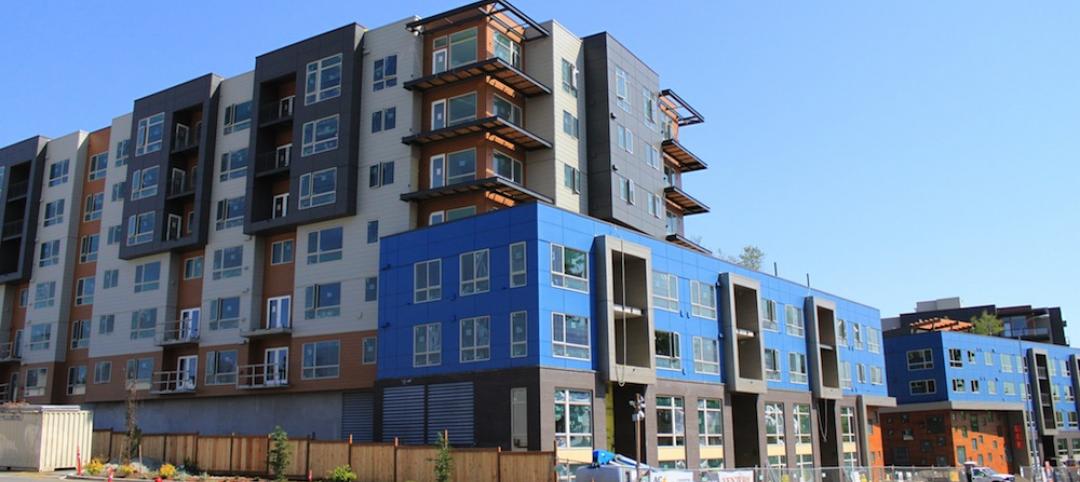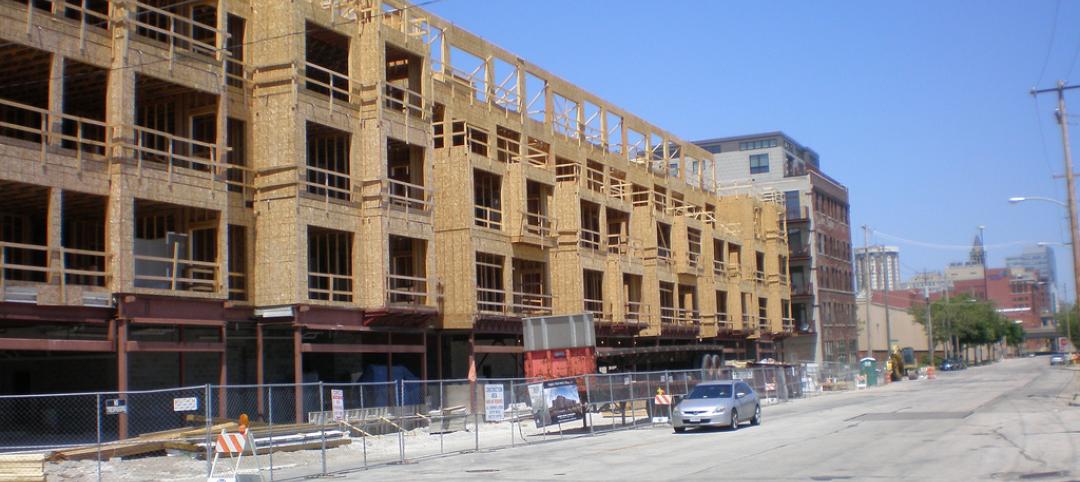Numerous impediments to completing construction projects led to declines in most categories of private construction spending in March, according to an analysis by the Associated General Contractors of America of government data released today. Association officials warn that the Treasury Department’s threats to audit or prosecute some Paycheck Protection Program loan recipients and deny loan recipients tax deductions are making it harder for construction firms already coping with declining private-sector demand to retain staff.
“Unfortunately, these numbers are only the beginning of what seems sure to be a steep decline in construction spending as current projects finish and new work is canceled or postponed indefinitely,” said Ken Simonson, the association’s chief economist. “Our latest survey found that projects as far out as June or later were being canceled last month.”
The economist noted that 10 out of 11 private nonresidential construction categories in the Census Bureau’s monthly construction spending release declined from February to March. The only exception—communication construction—probably reflected increased demand for structures to accommodate the jump in video conferencing for business, educational and personal use, Simonson added.
“In addition to the downturn in private construction, public categories were mixed,” Simonson said. “For instance, highway and street construction spending increased by 4.6 percent, which probably reflected favorable weather and the ability of highway contractors to work longer hours on nearly-deserted roads. But other major public segments, including educational construction and transportation structures such as transit projects, declined. Further declines in public construction are likely as state and local governments struggle to balance their budgets in the face of unbudgeted expenses and steep, unanticipated revenue decreases.”
Association officials said that several recent announcements by the Treasury Department are causing significant confusion about, and potentially undermining, the Paycheck Protection Program loans. They noted that recent threats by the Treasury Department to audit, or possibly even prosecute, firms that qualified for the loans was causing many firms to reconsider using the funds to protect payrolls. They added that a new IRS decision to deny tax deductions for wages and business expenses to loan recipients was also counterproductive.
“The fact that the Treasury Department continues to move the goal posts on its Paycheck Protection Program guidance is hurting construction firms that are already coping with declining private-sector demand and the prospects of significantly reduced state and local funding,” said Stephen E. Sandherr, the association’s chief executive officer. “Without further clarification from the Treasury Department, some employers may just decide it is better to return their loans and cut staff than run the risk of audit and investigation.”
Related Stories
Hotel Facilities | Jan 13, 2016
Hotel construction should remain strong through 2017
More than 100,000 rooms could be delivered this year alone.
Market Data | Jan 6, 2016
Census Bureau revises 10 years’ worth of construction spending figures
The largest revisions came in the last two years and were largely upward.
Market Data | Jan 5, 2016
Majority of AEC firms saw growth in 2015, remain optimistic for 2016: BD+C survey
By all indications, 2015 was another solid year for U.S. architecture, engineering, and construction firms.
Market Data | Jan 5, 2016
Nonresidential construction spending falters in November
Only 4 of 16 subsectors showed gains
Market Data | Dec 15, 2015
AIA: Architecture Billings Index hits another bump
Business conditions show continued strength in South and West regions.
Market Data | Dec 7, 2015
2016 forecast: Continued growth expected for the construction industry
ABC forecasts growth in nonresidential construction spending of 7.4% in 2016 along with growth in employment and backlog.













